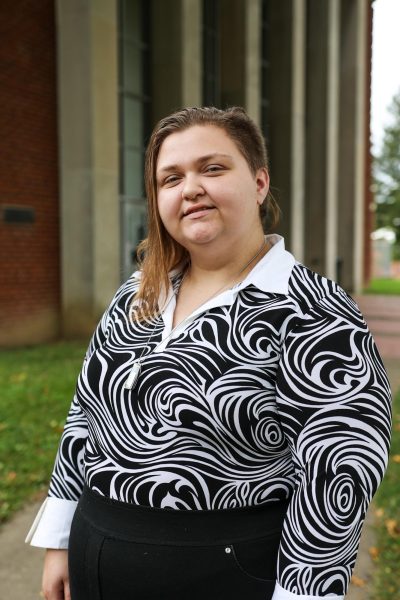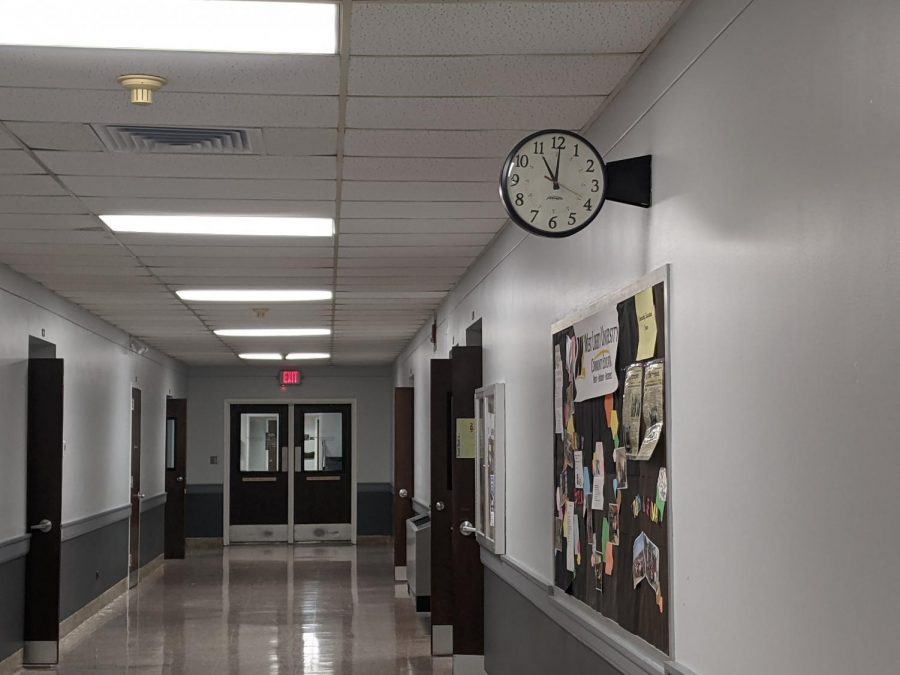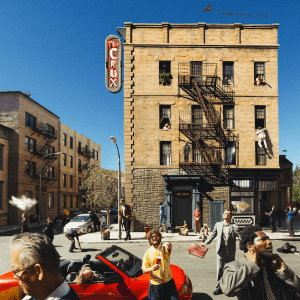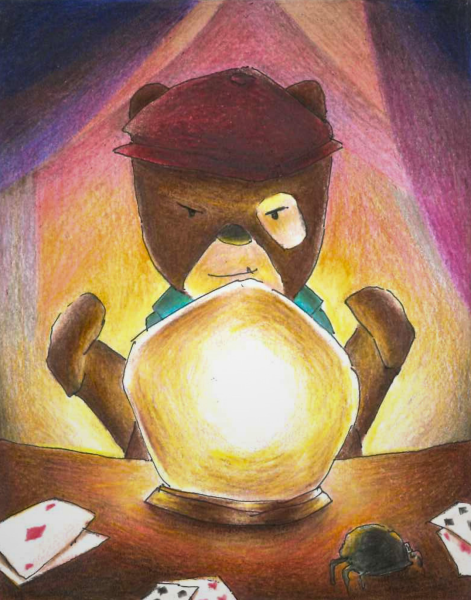Does Daylight Savings Time Matter?
Pumpkin spice and creepy, spooky skeletons have departed and peppermint hot chocolate and snowflakes are making their way into our daily lives. With these season changes also come time changes. On Sunday, Nov. 7, Daylight Savings Time ends, which means it’s time to turn back the clocks. At 2:00 in the morning on Sunday you will have to turn your clocks back one hour. The good news is that you will gain an hour of sleep Sunday night. However, many people find this tradition annoying.
Historically, the purpose of Daylight Savings Time was to encourage people to make better use of daylight. The first time change took place during World War I, and it was meant to help people use less power for lighting to save fuel for the war effort. Daylight Savings Time can still help us save electricity in today’s world, but are the effects really worth it?
Changing the clocks back even one hour can make it harder to wake up and fall asleep on a set schedule. This can lead to fewer hours of sleep overall, and that sleep deprivation can pose safety risks, including a higher likelihood of motor vehicle accidents on days following the time shift.
“I always find it difficult to go to sleep and wake up on time after the time changes. It can be frustrating adjusting to the time change. Sometimes it takes me a week or two to fully get used to it,” said WLU student Kamaria Robinson.
However, bright morning light and the reduced evening light also make falling asleep easier. This means that it is easier for people to fall asleep when it’s dark outside and wake up when it’s light. Without Daylight Savings Time, people may have to go to sleep when it’s still light outside or wake up when it’s still dark out. According to Michigan Health, “light is the most powerful regulator of our internal clock, also known as our circadian rhythm, and some people may not even adjust to the time change after several months. When the clocks on the wall shift forward our exposure to morning sunlight in the morning is reduced, which makes it harder to wake up, and our exposure to evening light increases, which makes it harder to fall asleep.” So whether Daylight Savings Time exists or not, our sleep schedules could still be affected.
Overall, Daylight Savings Time does more harm than good since people have to take time to adjust to the time change. Getting enough sleep is very important and can determine our moods and productivity. We should not change our sleep schedule to accommodate changing seasons.
Kailey Carpino is a junior at West Liberty University with a major in journalism and a minor in psychology. She has been a contributing writer for West...

Haley Blakemore is a Senior in English Literature with a minor in Journalism from Reeader, WV. Blakemore has been on staff for the Trumpet since 2019....







